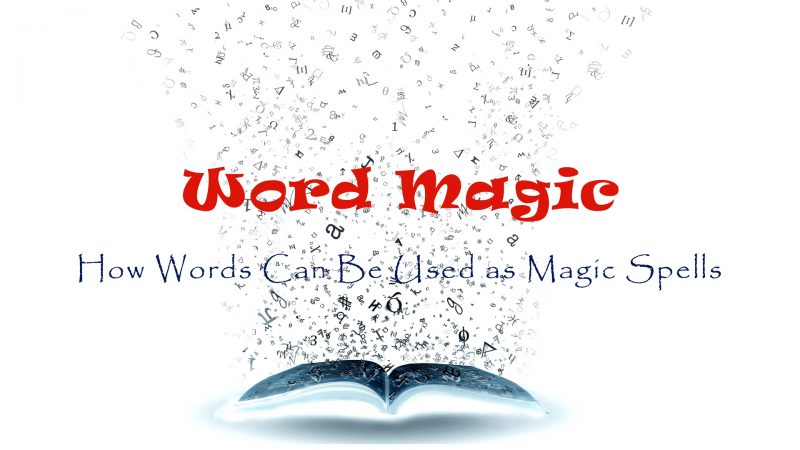
#Magic word full#
#Magic word code#
It will look like code in the editor, but after you save or preview, it will display as intended. To add a magic word, simply add the magic word to the content of the page somewhere. In other words, Don’t hate the playa, hate the game.It's generally best to add and edit magic words using a source editor. I’d like to think I can poke fun at a pernicious practice without offending individuals.

In particular, this “On Language” column in the New York Times notes how the suffix -er has become a useful way to turn a simple noun into “a handy partisan put-down.”īut if you think this terminology is directed at you, please don’t take umbrage. It’s clear from this terminology that I’m not a fan of magic words. The act of treating certain words as magic words for purposes of contract interpretation. 2. A jocularly pejorative term used with respect to the meaning attributed in legal circles to a word used in contracts, if that meaning is (1) significantly different from any meaning that likely would be attributed to that word by clients and many lawyers or (2) is otherwise sufficiently at odds with everyday usage as to create a likelihood of confusion. A word required to be used in a legal document, as opposed to any one or more other words conveying broadly the same meaning, in order for that document to be legally effective to accomplish the related purpose. In the following definition, which I just cobbled together (and will be tinkering with), the first meaning is the general meaning, and the second meaning is my own. It’s in widespread use in legal circles-a search of Westlaw’s “tp-all” database retrieved over 3,500 items that refer to “magic words.” But generally it’s used to convey a meaning rather different from the one I intend. I’ve found myself using increasingly often on this blog the phrase “magic words,” so I thought it high time that I explain, to myself and anyone else interested, what I mean by that phrase.


 0 kommentar(er)
0 kommentar(er)
